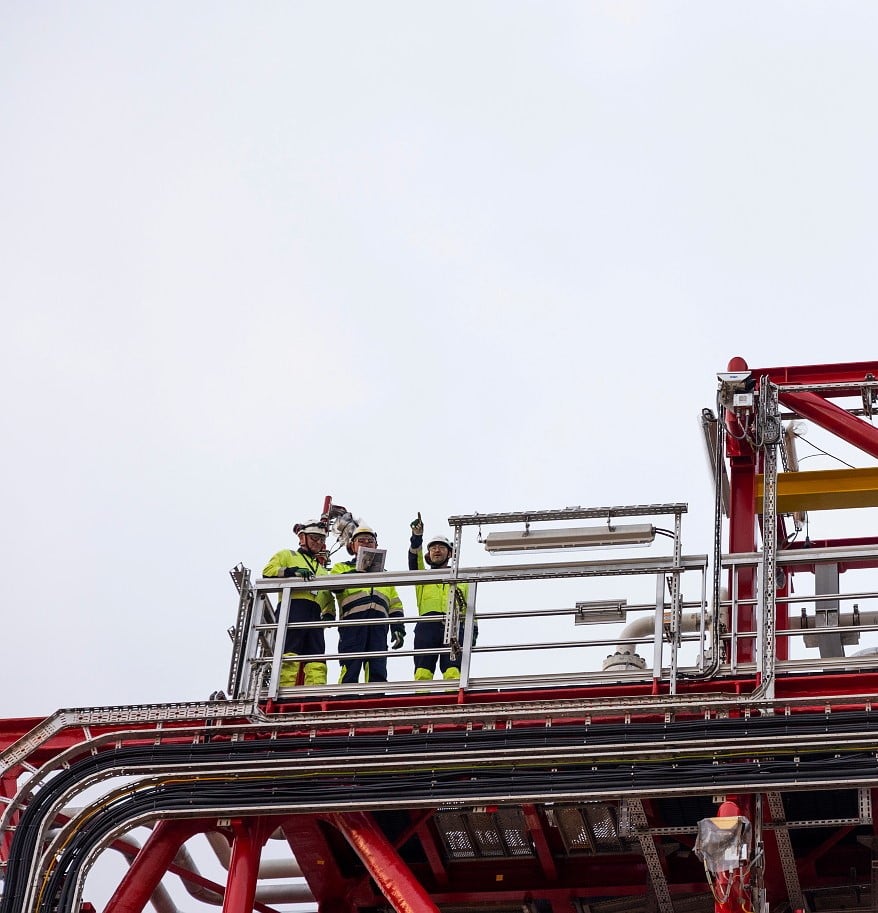Vår Energi is positioned for the energy transition, and we’ve set ambitious targets to minimise our climate impact while creating value, and we have solid plans to deliver.
Our decarbonisation targets are simple with a clear pathway to reducing emissions in alignment with the Paris Agreement.
Our ambition is however to be carbon neutral in equity operated emissions by 2030, this will be achieved through a combination of emission reductions and emission removals.








